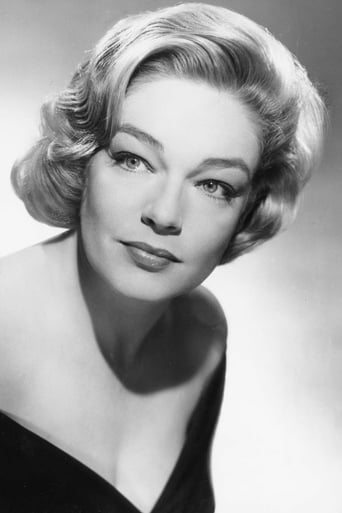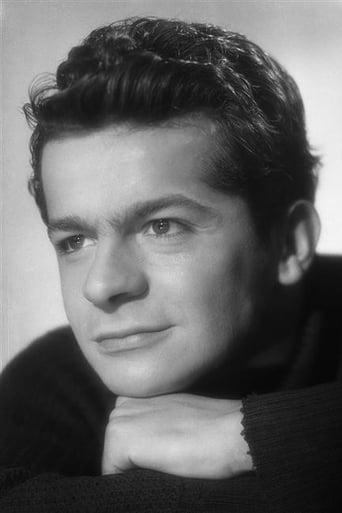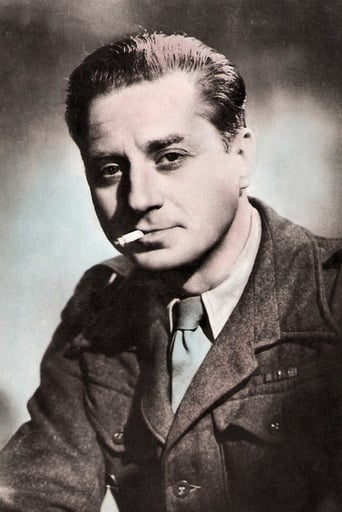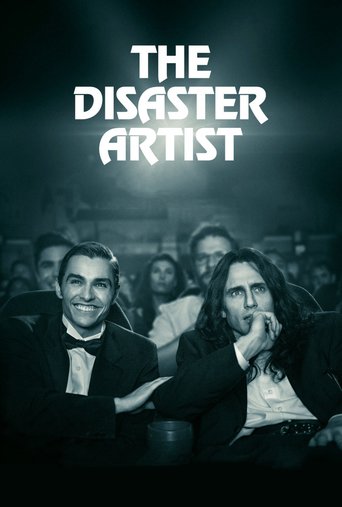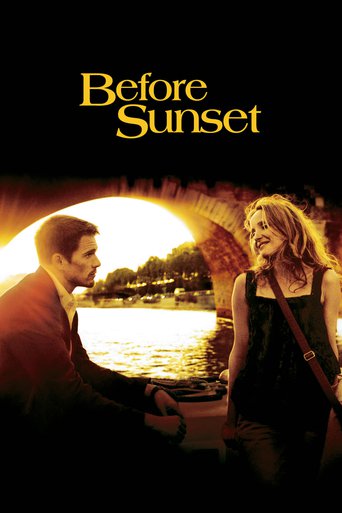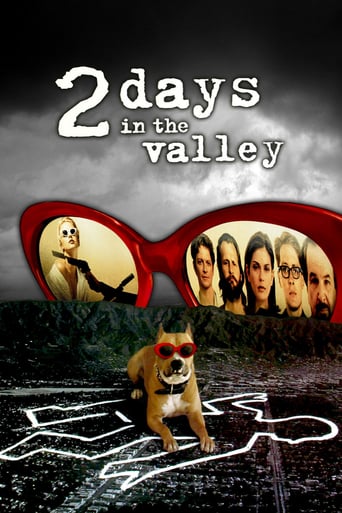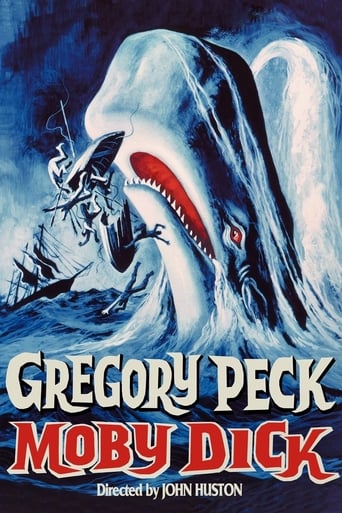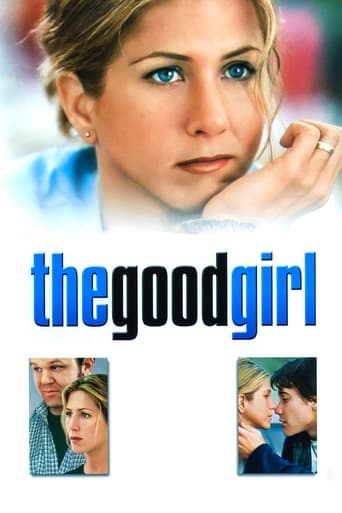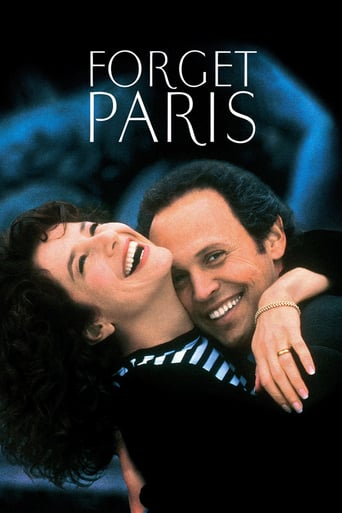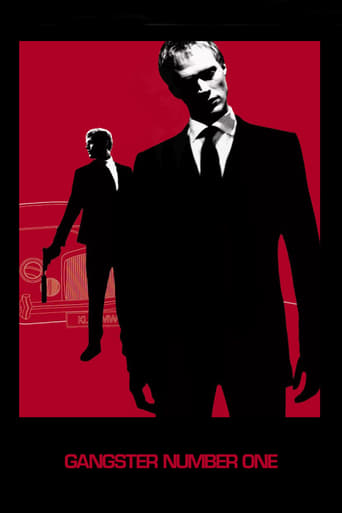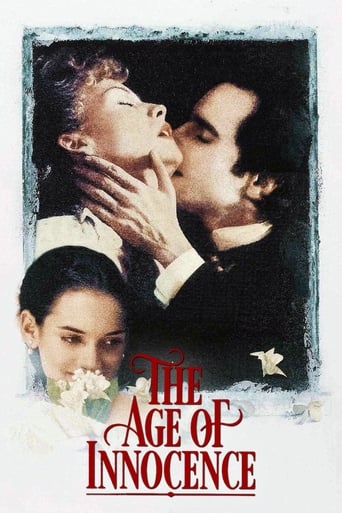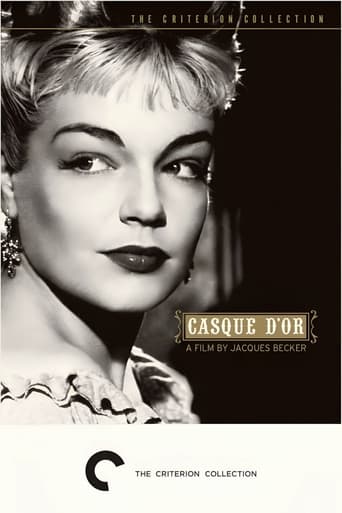
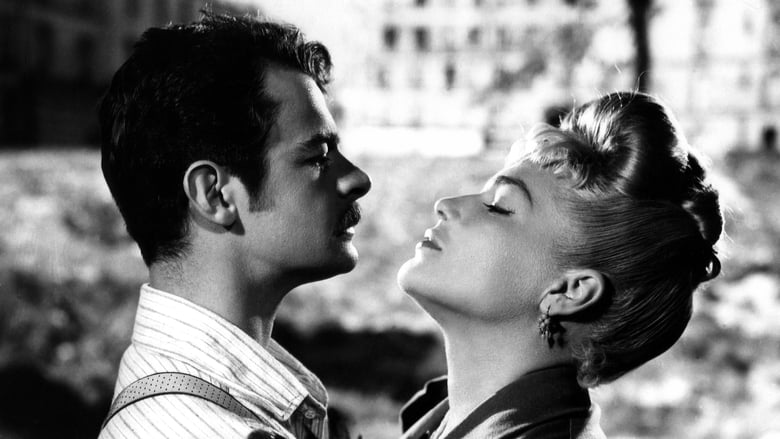
Casque d'Or (1952)
At the end of the 19th century, during a ball in Joinville, on the outskirts of Paris, Georges, a former delinquent working as a carpenter, meets Marie, a young woman connected to a criminal gang.
Watch Trailer
Cast


Similar titles
Reviews
Let's be realistic.
The film never slows down or bores, plunging from one harrowing sequence to the next.
The acting in this movie is really good.
By the time the dramatic fireworks start popping off, each one feels earned.
Jacques Becker's belle époque tragedy of a pair of star-crossed lovers, Marie (Signoret) and Georges (Reggiani), she is a mistress of Roland (Sabatier), who is the underling of the local Apache gang, mastered by Félix Leca (Dauphin), and he is an unassuming carpenter, their encounter is occasioned by their common friend Raymond (Bussières), another member of the the Leca gang, through DP Lefebvre's lithely swirling choreography, their destiny is sealed through a wordless dance, while jealousy is simmering with impending menace.Strikingly, words are inessential in Becker's narrative, emotion runs the gamut without the help of verbose dialogue, one expression or gesture is simply enough to deliver the unspoken intention and determination, to hit the bull's eye of being compelling, heartfelt, even agonising in the climax, which marks a great achievement and testimony of how cinema can be a first-rate storyteller, trimming down the redundant bells-and-whistles, just sticking to those what makes our characters tick: the encounter, the duel, the elope, the scheme, the revenge and the guillotine.Simone Signoret, shoulders on the triple identities as a poised courtesan, a romantic inamorata and a reluctant moll, leaves her most iconic screen persona in her prime, under Becker's aegis, the camera unsparingly aims at her in stunning close-ups enveloped with divine halo (thanks to the heightened lighting). Marie is a dauntless pursuer, she lives for passion, for love, living in the present, a force-of-life so irresistible and indefatigable. Interestingly, Reggiani's Georges is not the traditional hero type, his average look and lean physique, should have triggered far more maternal nature of protection from her than a fervent passion act, yet, Georges has the spine to be a martyr out of genuine devotion to friendship and moral integrity, which eventually will wholeheartedly win a woman's heart.Dauphin's smirky presence as Félix Leca persuasively draws on the sophistication of being a Mafia ringleader, the murky dynamism of his reign over the henchmen gives as much as pleasure as the central romance. To a large extent, CASQUE D'OR (golden hat in literal translation, which refers to Marie's representative coiffure) is seminally inspiring and majestically executed at its time, an unforgettable Parisian tale-of-woe but shines with its glittery black-and-white enticement, as the introductory piece of Becker's oeuvre, it bode well than my expectation, bravo!
It is so interesting looking at this movie and the movie below, The Castle. There is simply a huge contrast in them. Casque D'or is a tragic French Movie while the Castle is an Aussie battler movie where the good bloke comes through against all of this odds. The Castle is something designed to appeal to the average Australian who likes the D-Generation, where as Casque D'or is designed to appeal to the more intellectual audiences and those that want a portrayal of a bleak world in which love that exists is brutally extinguished.Manda, a carpenter who has just been released from gaol arrives in a town that is dominated by a mafia style organisation. He is a tough guy and won't allow himself to be pushed around. As soon as he arrives he catches the eye of Marie who cannot turn away from him. In the first scene where she is dancing with her boyfriend, her face is solidly facing him and does not change even though they are fluidly moving across the dance floor. Even though it is love at first sight, it is a love that is not allowed.Marie is considered to be little more than a whore. She lives with prostitutes and she works from the crimelord of the town. Her boyfriend is a gutless wimp who dies in a knife fight that the crimelord organises between him and Manda. This fight doesn't brush over for even though the town is ruled by the crime lord, murder is still illegal, except that the crimelord uses it to get his own way, that is Marie.Manda is a noble character who fights not only for Marie's honour, but also for the honour of his friend who he works for. His friend is set up for the murder but Manda knows the truth and cannot let it be pushed aside. He also knows that it is the crimelord that set everything up. Though people say that love conquers all, human love, especially in this movie, does not. His love for Marie does not mean that everything is going to turn out all right. A murder has been orchestrated and justice must be done, even if it is by the hands of Manda. Beyond this, the law cannot allow a rogue vigilante run around uncontrolled. Even though he guns down the crimelord, he still must pay for his crime, which he does. We know that this movie is going to end tragically, we see that through the movie the love between Manda and Marie is constantly held apart and that it is never going to be a happy ending, which is what I like.
This is a dream of a movie. Not full of action, yet packed with memorable moments and whole sequences. The stunning opening with the rowing boats on the river and the singing accompaniment, the slow build up and rapid denouement of the execution at the end and so much more in between. I was surprised upon opening my DVD to see the film originated in 1952 because I had imagined I had seen it upon it's London film release. The, thanks to another IMDb reviewer, I discover that the film was quickly pulled upon initial release and not released again until nine years later when it is perfectly feasible that I saw it in the West End. Simone Signoret! What can one say? Even to a youngster today, used to seeing 'stars' come and go so easily, would surely appreciate the subtle allure that seemed to come so naturally to this beautiful woman, who invigorated so many excellent films.
This film doesn't work for me, which is weird considering that I'm familiar with both the director and the lead in "passionate" films, and yet this one didn't give what it pretty much advertised itself as being. Becker's "Touchez Pas au Grisbi" seemed to have a lot more personality and emotion, while Simone Signoret's part in "L'Armee des ombres" was a lot more love-able.The story is of a love-triangle (or square of sorts) within a small gang that gets set off by the introduction of reformed criminal Manda. Jealous boyfriend Raymond, boss Leca, and Manda find themselves all charged with getting the girl, but Manda's reformed nature makes him pure and true to his world, Raymond's jealousy makes him impotent, and Leca's hidden approaches creates the tragic ending.It's a good story, and in fact is well-shot and directed. The problem is that it all happens so quickly and needlessly. Marie and Manda fall into each-other's arms practically immediately, aspects like the fact that Manda is engaged gets mentioned and then forgotten as if unimportant, the character that introduces Manda to the gang disappears until he's needed for backstabbing Manda, and so on, everything just sort of tossed around until it's needed again (even some shots just fade-out in the middle of the action, once the story no longer cares for what's going to be said). The problem with a movie of this type being this way is that it hinges on romantic notions of love, which Serge Reggiana manages to present well enough with his acting, but which happens with none of the other characters. It's biggest flaw as far as I can tell is that I couldn't fall in love with Marie, who really didn't seem like that beautiful or interesting person at all--except that I was told to love her through the copious glowing "love shots" with the classic approach to soft lighting.What's fascinating to me is that Marcel Carne worked on this movie too, which seems that between he and Becker, you'd think that this would be one of the most romantic and passionate movies ever. None of it really presents itself, and it's Belle Epoque period stylization makes it look more goofy than, say, carnivalesque or romantic.--PolarisDiB


